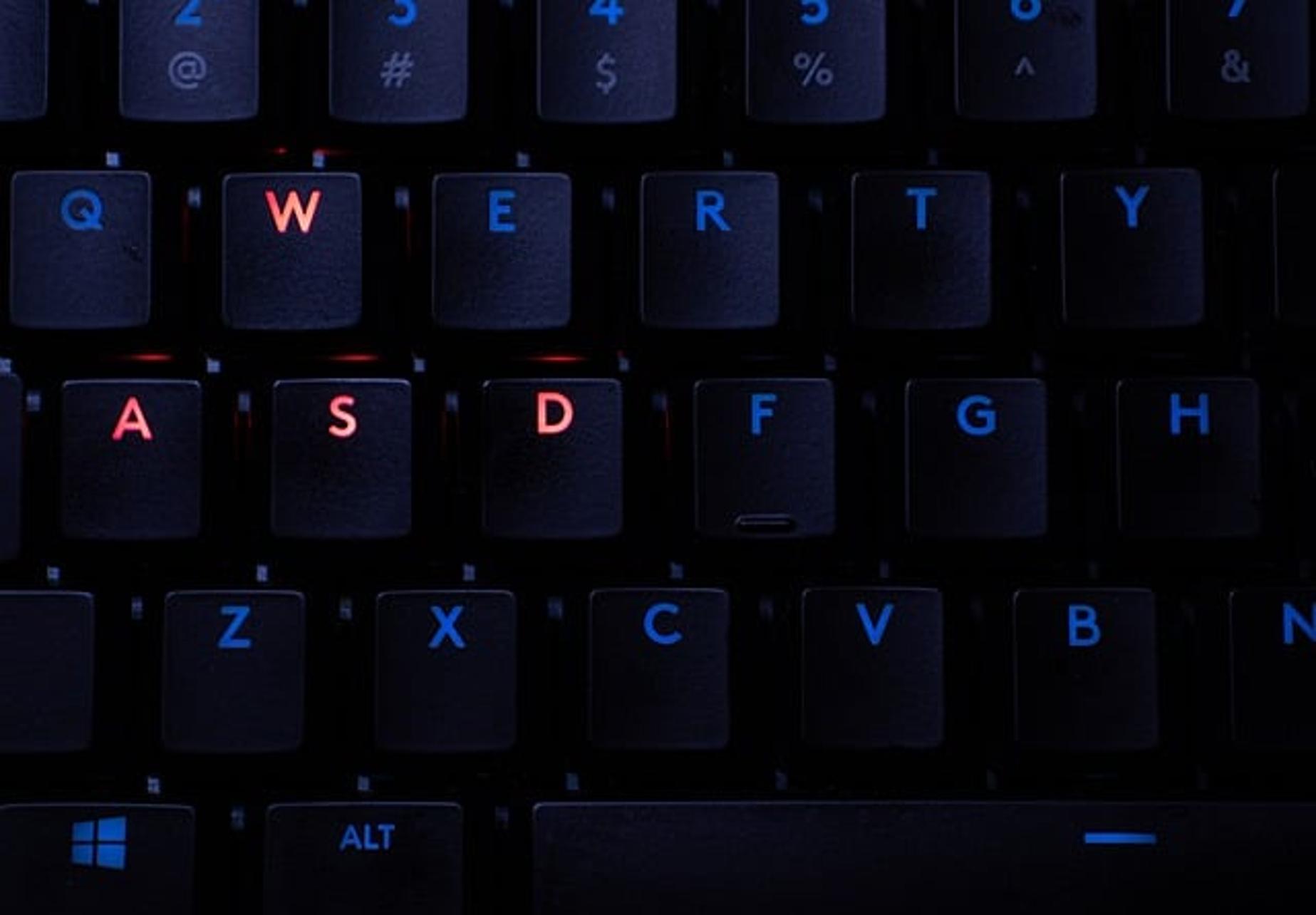How to Fix Keyboard Lag When Playing Games
Introduction
Keyboard lag can ruin the experience of playing your favorite games. Delayed responses can mean the difference between victory and defeat, especially in fast-paced games. Finding a solution to this issue is essential for a smoother and more enjoyable gaming experience. This guide will help you identify the causes of keyboard lag and provide practical fixes to resolve the issue. We'll explore hardware, software, network, and connectivity solutions that are tested and proven to work.

Understanding Keyboard Lag
Keyboard lag occurs when there is a noticeable delay between pressing a key and the corresponding action happening on the screen. This lag can severely impact gaming, where split-second responses are crucial. Understanding the concept and mechanics of this lag is the first step towards fixing it.
Determining whether the lag is hardware or software-related can be tricky. Causes of lag include hardware malfunctions, software issues, or connectivity problems. Knowing the symptoms and potential causes will help you narrow down the root cause and apply the correct fix effectively.
Common Causes of Keyboard Lag
Various factors can contribute to keyboard lag. Identifying these causes will streamline the troubleshooting process.
- Hardware Issues: These include worn-out keyboards, poor keyboard design, or faulty components.
- Software Glitches: Sometimes, outdated or conflicting drivers can cause input lag. System software or game bugs can also be culprits.
- Connectivity Problems: Wireless keyboards might suffer from signal interference or low battery issues.
- Network Latency: In online multiplayer games, network latency and lag can mimic keyboard lag, making it seem like the problem stems from your hardware.
- System Performance: Issues such as low RAM, an overloaded CPU, or insufficient GPU power can cause your entire system to lag, including keyboard inputs.
Recognizing these potential issues allows you to better target your troubleshooting efforts.
Hardware Fixes
Before diving into complex solutions, start with basic hardware checks.
- Check the Physical Condition: Inspect the keyboard for any physical damage.
- Replace Batteries: If you are using a wireless keyboard, ensure it has fully charged or new batteries.
- Try a Different USB Port: Plug your keyboard into a different USB port to rule out port-specific issues.
- Update Firmware: Check if your keyboard has firmware updates available from the manufacturer.
- Upgrade Your Keyboard: If your keyboard is old, investing in a new gaming keyboard with faster response times can make a significant difference.
These hardware fixes are quick and easy ways to potentially rectify keyboard lag.
Software Fixes
Resolving software-related issues can involve a few straightforward steps:
- Update Drivers: Ensure your keyboard drivers are up-to-date.
- Reinstall Software: Sometimes uninstalling and reinstalling keyboard software can solve lags caused by software bugs.
- Adjust Keyboard Settings: In your system settings, adjust the keyboard repeat rate and delay.
- Check for Malware: Use a reliable antivirus program to scan your computer for malware that could be hogging resources and causing lag.
- Optimize System Performance: Close unnecessary applications running in the background to free up system resources.
These software solutions can address many common issues that lead to keyboard lag, especially those stemming from outdated or misconfigured system components.

Network and Connectivity Fixes
For online gamers, lag isn't always due to the keyboard. Connectivity and network configurations also play a vital role.
- Check Internet Speed: Ensure your internet connection is fast and stable.
- Use Wired Connections: If you are gaming on Wi-Fi, switching to a wired Ethernet connection can reduce latency.
- Reduce Network Traffic: Limit other network activities when gaming. Excessive downloading, streaming, or uploading can affect latency.
- Router Settings: Sometimes tweaking Quality of Service (QoS) settings on your router can prioritize gaming traffic and reduce lag.
- Reposition Router: Ensure your wireless router is positioned optimally, away from walls or other interference-causing devices.
Reducing network-related lag will enhance your overall gaming experience, making for smoother keyboard inputs.
Testing and Troubleshooting
After applying these fixes, it's crucial to test and troubleshoot to see if the issue persists.
- Benchmark Performance: Use keyboard benchmarking tools to assess lag.
- Game Testing: Play a few games and observe any delay.
- Event Viewer: Check the system event viewer for any hardware or software failure logs.
- Consult Forums: Online forums can be a great resource for niche issues specific to certain keyboard models or games.
Testing ensures that the issues have been addressed and will not recur.
Additional Tips
To further optimize your gaming setup and prevent keyboard lag, consider the following tips:
- Regular Maintenance: Clean your keyboard regularly to avoid dust accumulation.
- Periodic Updates: Keep all device drivers and system software up to date.
- Resource Management: Monitor resource usage closely to ensure your system isn't overloaded.
- Choose the Right Keyboard: For serious gamers, investing in a high-quality, low-latency mechanical keyboard can provide substantial benefits.
- Cooling Solutions: Ensure your system is adequately cooled, as overheating can cause performance glitches.
Implementing these additional tips will minimize the chance of facing keyboard lag in the future.

Conclusion
Fixing keyboard lag when playing games requires understanding the root causes and applying the appropriate solutions. Whether it's a hardware malfunction, software glitch, or network issue, there are numerous ways to tackle the problem. By following the steps outlined in this guide, you can ensure a smoother, more responsive gaming experience.
Frequently Asked Questions
Why does my keyboard lag when playing games?
Keyboard lag can be due to various factors, including hardware issues, outdated drivers, interference in wireless keyboards, resource-hungry applications running in the background, or network latency.
Can a gaming keyboard reduce lag?
Yes, gaming keyboards are designed with faster response times and better performance metrics, reducing the chances of experiencing keyboard lag.
Is wired or wireless better for gaming keyboards?
For gaming, wired keyboards generally offer lower latency and more reliable performance than wireless ones, making them a preferred choice for gamers.



